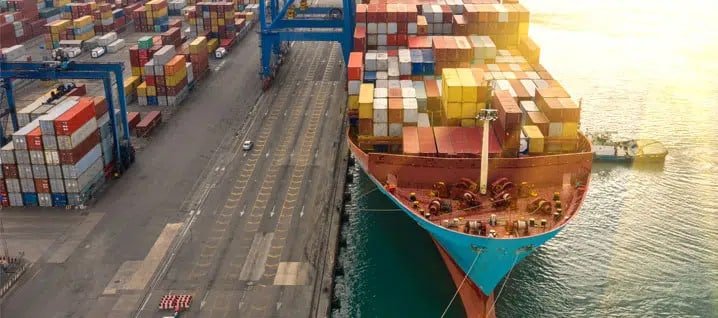Selling worldwide is a great merchant opportunity that enables you to reach billions of consumers and grow your business. But complicated government practices and procedures make shipping internationally difficult, so it’s important to understand.
International Trade Terms, also known as Incoterms, are a set of pre-defined contractual terms developed by the International Chamber of Commerce to help exporters and importers determine who pays what when shipping products internationally.
The destination you are shipping to its require duties and taxes on your shipment depending on factors such as the country of origin, the reason for export, the retail value of an order, and the shipping destination. Since each country has its own unique rules and import regulations, it is a complex process.
It’s easy to expand your online shop to new markets, generate more international sales, and ship seamlessly across borders. You can use the largest cross-border carrier network with the most extensive coverage and offers the best shipping tariffs and routes. Our customers experience an average international shopping cart conversion of 11%!
However, when shipping internationally, it is important to understand the terminology beforehand in order to make an informed decision.
What does DDU mean?
DDU stands for Delivered Duty Unpaid. In the case of DDU shipping, the dealer must ensure the safe delivery of the goods or goods to the specified destination and bear all risks during transport. The dealer bears all fees up to handover to customs.
DDU shipping requires the consumer to complete all paperwork and pay taxes and duties, which can result in a poor customer experience.
DDU risks
Once the product or shipment reaches the country into which it is imported, the consumer takes full responsibility and has to clear customs. This means that in the event of an error, you can delay the dispatch of the goods by weeks or months. Consumers may be surprised at the additional fees and even refuse the items, resulting in expensive return shipping fees or inventory loss for the retailer.
Dealer responsibilities
- The dealer’s main responsibilities for a DDU shipment are:
- Include documentation and invoice
- Transfer all financial responsibilities as a registered importer to the consumer.
- Leave all obligations, licenses, and procedures to the end-user
- Consumer responsibilities
- Procedures, duties, duties, and import taxes
- All costs related to inspection and customs
Gathering all business documents, permits, and licenses required for import, then arranging for import clearance and other formalities
DDP vs. DDU
You may think that it is easier and cheaper to send Delivery Duty Unpaid (DDU) shipments because of the responsibility and customs payment being transmitted. Keep in mind that your customers may be surprised, faced with unexpected issues and costs, resulting in a negative customer experience, reducing conversion rates for international sales, and impacting customer lifetime value and repeat purchases.
When shipping DDP (Delivery Duties Paid), the consumer pays duties and taxes in advance at the time of purchase. The trader assumes the responsibility of the registered importer and consumers receive their products with no further delays or surprise fees.







